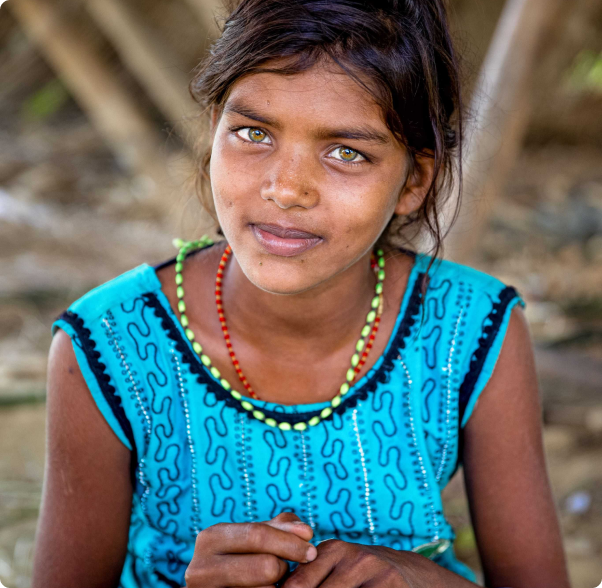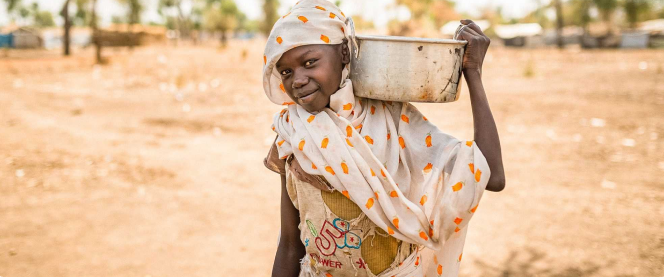Summary
Unity. Progress. Justice. When the Burnkinabe people escaped centuries of subjugation and French colonization to gain independence in 1960, this motto embodied unbridled hope for Burkina Faso, “the country of honorable people.” Some fifty years later, almost eighty ethnic groups embrace countless religious practices, including earth priests, fortune tellers, healers, witchcraft, and animal sacrifice. The result is an ethnically integrated secular state with no fulfillment of those original bold ambitions. But the gospel can provide them hope.
Burkina Faso is a landlocked western African nation. Its vast savanna is vulnerable to drought, making subsistence living difficult for the majority of the population. The nation is one of the world’s poorest, with almost half of the seventeen million Burkinabe below the poverty line and an unemployment rate hovering at 77%. Excess mortality from the HIV/ AIDS epidemic has led to an infant mortality rate almost twice the nation’s rate of birth. The median age is 16.9 years, and literacy stands at an abysmal 22%, one of the lowest in the world.
Clan or lineage plays a significant role in the Burkinabe family, which is highly patriarchal. Three or four generations may share a home, and hospitality and politeness are key components of the culture. Extreme poverty has led to massive migration of workers to Cote d’Ivoire for seasonal work, where the majority convert to Islam. Approximately half the population is Muslim and the remainder is equally divided among Christians and ethnic religions. Unfortunately, each of these groups is also deeply involved in the occult. The church has not escaped the challenges facing the Burkinabe. There is great need for leadership, mentoring, financial support, and a willingness to evangelize the unreached.
There is also, however, great opportunity to be seized. Due to the cultural reliance on oral history and storytelling, the spoken Word of Life compels the lost to seek Him until the Bible can be translated to each tribe’s language. Poverty and HIV/ AIDS create opportunities to show the love of Christ through economic and medical assistance programs. Meanwhile, the church is growing, and indigenous missions are finding success. As these groups set an example of unity, many will be drawn to faith.
Unity. Progress. Justice. Jesus.




